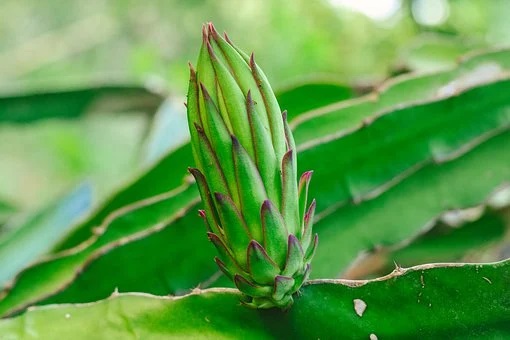Presently, on all the continents except Antarctica, there are children who can remember their past lives. When these children first began to talk, they would say who they were, where they came from; they would give their parents’ names and details of their past lives. Their parents in this life would then check and validate the actual existence and subsequent death of the persons mentioned. Often enough these children inherited very strong habitual tendencies from their past lives—one who loved to smoke in past life would steal his father’s cigarettes to smoke in this life; one who died of a car accident in past life would be too frightened to go near cars in this life, and so forth. Some of them don’t feel close to their parents of this life but take the parents and relatives in the past life as their real parents and family instead. Many parents are unwilling to make this public lest others should think their children are mentally unstable, out of embarrassment, or because it violates their own religious beliefs. Nevertheless, the secret gets out eventually.
~Depicted from THE HANDBOOKS' FOR LIFE JOURNEY - On Death And Rebirth-What Life Truly Is











